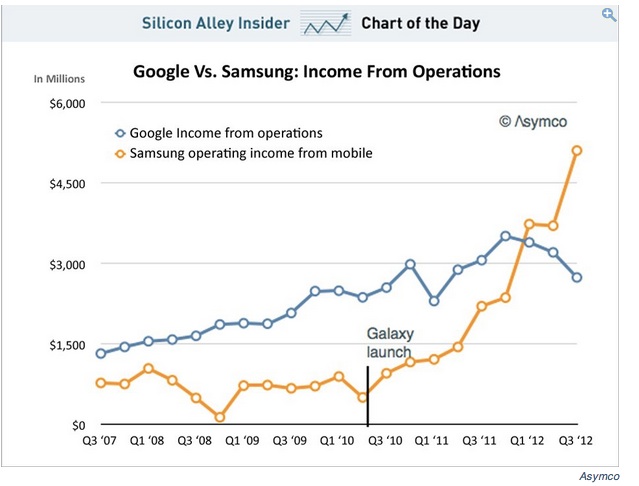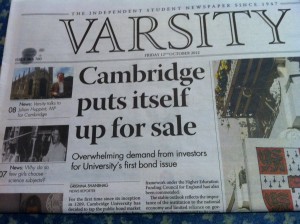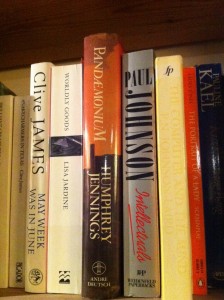Lovely piece by Adam Gopnik in the New Yorker about l’affaire Petraeus. Samples:
The Fox News right, still recuperating from its electoral setbacks of the previous week, tried frantically to connect some part of this roundelay to what had happened at the American consulate in Benghazi, in September, but nothing stuck. Benghazi is a tragedy in search of a scandal; the Petraeus affair is a scandal in search of a tragedy. It is proof only that what Roth called the human stain spreads, and sooner or later stains us all. Any bit of schadenfreude it might provoke rises only from the way in which the by now too automatic American soldier worship—which is not always shared by actual soldiers—had, for once, to pause in the midst of its moralizing. There was something truly entertaining about seeing the usual officer-lauding pundits reaching a finger for stop A on the organ of indignation (the moral collapse of everything, owing to the promiscuity of everybody) and then, while longing to land on the usual stop B (the moral superiority of the men of the military and national-security services) having to pause, trembling, in midair.
And:
Petraeus, and his defenders and attackers alike, referred to his “poor judgment,” but if the affair had had anything to do with judgment it never would have happened. Desire is not subject to the language of judicious choice, or it would not be desire, with a language all its own. The point of lust, not to put too fine a point on it, is that it lures us to do dumb stuff, and the fact that the dumb stuff gets done is continuing proof of its power. As [Philip] Roth’s Alexander Portnoy tells us, “Ven der putz shteht, ligt der sechel in drerd”—a Yiddish saying that means, more or less, that when desire comes in the door judgment jumps out the window and cracks its skull on the pavement.
Lovely stuff.




